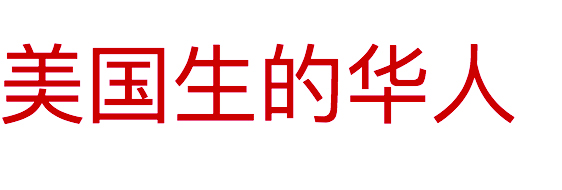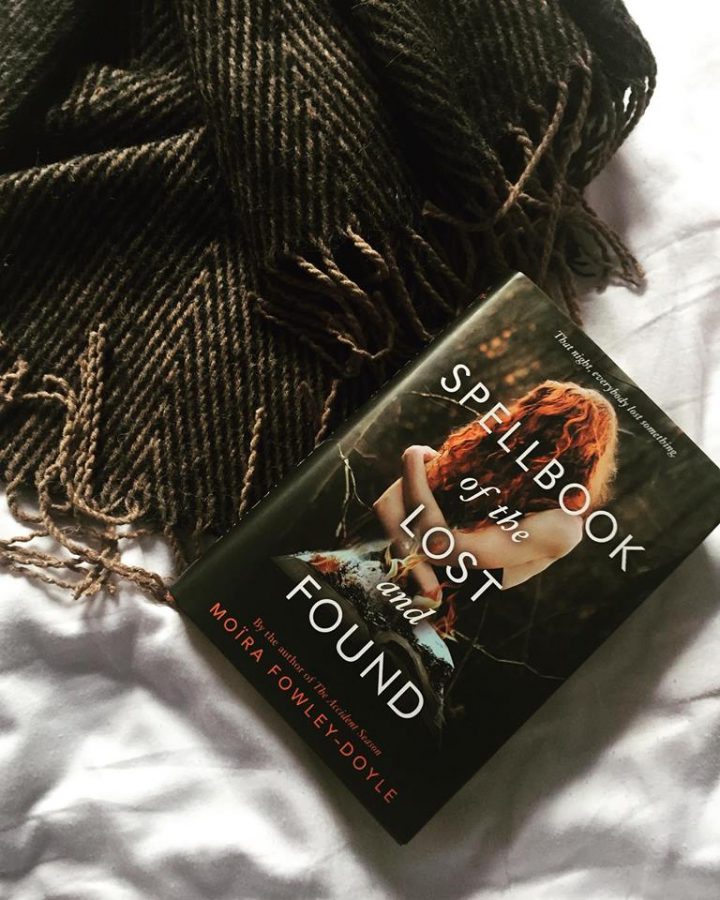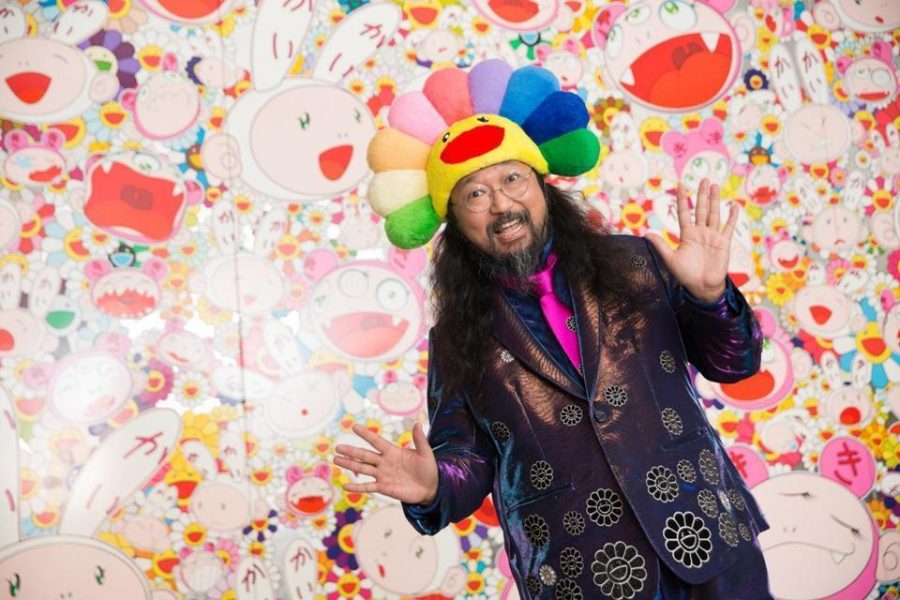By Jen Jiang
Contributing Writer
Long before I knew what college was, I grew up with two different cultures at the same time. There was already a plethora of differences in our lives including snacks we ate,

movies we were shown, family culture, cutlery, and how we spent weekends.
While everyone else was just learning to read and write English, I was balancing learning Mandarin and English in all of its facets. When their parents were showing them discs of Cinderella, Snow White, and Pocahontas, I was shown The Monkey King and traditional Chinese poetry.
My peers got Oreos from Stop and Shop while I was getting rice crackers from Chinatown, but I also got Capri Suns and CheezIts from BJs as well. While my peers had their grandparents living in different states or different countries, my grandmother still lives with me to this day. The most stark contrast of all was that while my peers were enjoying their Sundays off from school, I was spending mine at Chinese School while spending my weekdays in traditional schooling.
As some of you may know, the Chinese value education, hard work, and most of all collectivism. With collectivism, there is an idea that you should do what is best for the group whether this be your family or society. Collectivism commonly causes an idea of bringing shame to your family if you do not meet your family’s standards. My family always expected me to go complete my Chinese homework, complete summer work, and spend most afternoons after school reading.
There were many instances where I fell short of their expectations. Times when I would not finish my homework on time or did not know how to write a character, my mother had me do dictations at home in preparation for the dictations we would do for assessments at Chinese School. Even choosing high school classes were a disappointment to them. They wanted me to take APs and go to more prestigious schools. I achieved neither.
When it came to society and my parents’ friends, I never met the status quo of being pre-med, pre-law, or being an engineering major. Before coming to Simmons, I was asked by my dad’s friends what a public health major even does. I was asked why I chose Simmons and when I announced that I was staying back a year, I received shocked looks on their faces as if this had never been done before. Many of the children of my father’s family went to become pharmacists or going to Washington University in St. Louis for pre-med. Not only did this make me feel familial dishonor but also societal dishonor.
As I grew up, I started doubting who I was. Here I was, a teenager that grew up with the idea of collectivism, an education, and with all these Chinese stories in my head but at school I was completely American. At school, there was no idea of collectivism because of America’s ideas of individualism. It felt like I lived with an “on-off switch”. At home I would flip on the submissive and collective teenager who only wanted to please the family and not bring them shame but at school it was everyone for themselves.
Now, at the age of twenty-one, I find some solace in knowing my true identity of being Asian American. I have slowly maneuvered my way into understanding how I can incorporate both cultures into my life. I like the American idea of caring for yourself and taking the reigns of your life but also love the idea of having my parents as a fallback in case things go wrong.
As for morals, the ideas of valuing an education, working hard, respecting elders, always being honest, loyalty, and generosity are values that will stay with me forever. Education is such a potent part of society nowadays, that without one, you pretty much have no chance of a successful career without it. Knowing that my parents instilled a love of learning in me from such a young age means that I will always find success wherever I go, no matter what I do.












